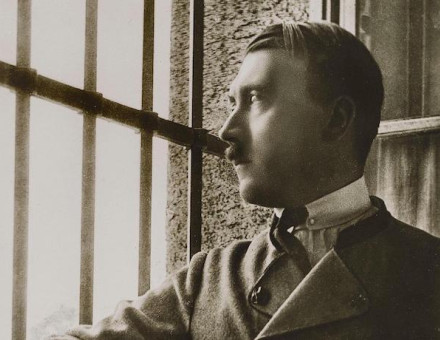Power of the Court
In recent years historians have shown a renewed interest in court history. Hardly surprising, says Philip Mansel, as courts play a central role in understanding the past and maintain a critical importance in contemporary politics.
 Courts are a key to understanding European history. Defined as ruling dynasties and their households, courts transformed countries, capitals, constitutions and cultures. Great Britain and Spain, for example, both now threatened with dissolution, were originally united by dynastic marriages; between, respectively, Ferdinand of Aragon and Isabella of Castile in 1469; and between Margaret Tudor and James IV King of Scots in 1503, leading to the accession a hundred years later of their great-grandson, James I, to the throne of England.
Courts are a key to understanding European history. Defined as ruling dynasties and their households, courts transformed countries, capitals, constitutions and cultures. Great Britain and Spain, for example, both now threatened with dissolution, were originally united by dynastic marriages; between, respectively, Ferdinand of Aragon and Isabella of Castile in 1469; and between Margaret Tudor and James IV King of Scots in 1503, leading to the accession a hundred years later of their great-grandson, James I, to the throne of England.





